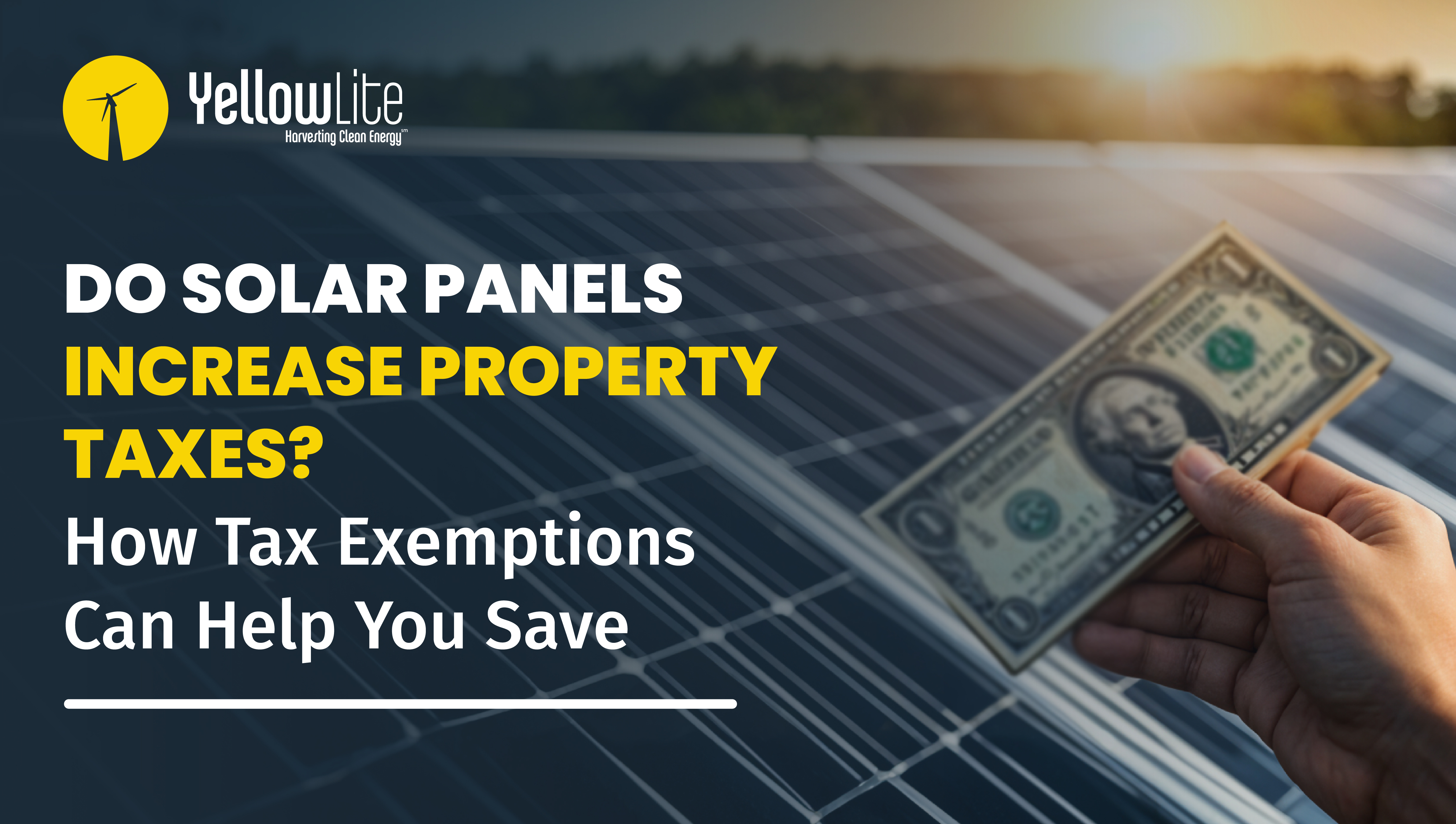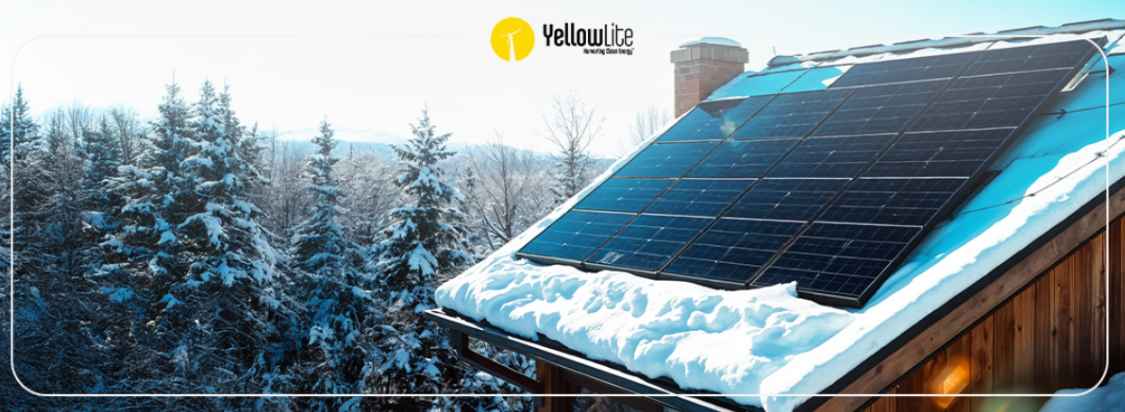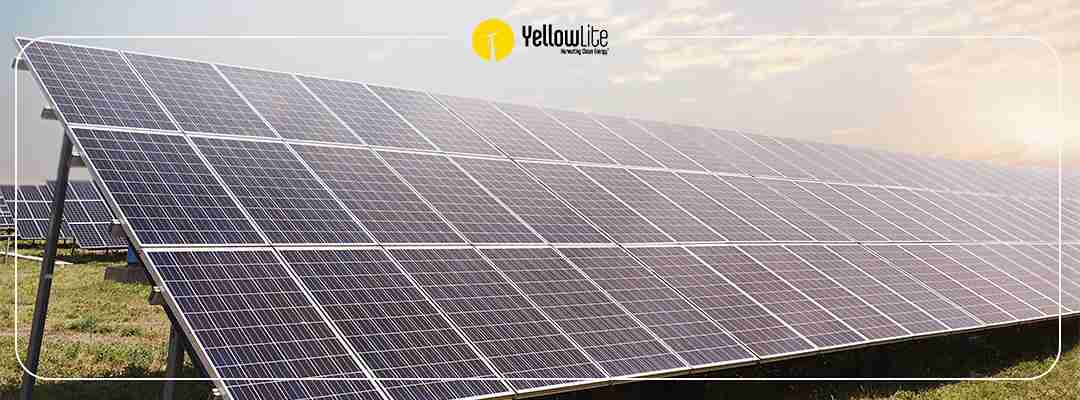Are you a Virginian interested in purchasing solar panels?
You’re in good company! Virginia staked its claim on the top 10 solar states list in 2022 and has been holding steady throughout 2023. When it generated 687 MW of solar energy in July of this year, it became the 9th highest solar generator in the country.
Interested in joining the party? This blog post will explore several avenues to help you make a cost-effective transition to solar power in Virginia. You’ll learn how finance-savvy Virginians save on upfront costs and generate residual revenue by taking advantage of incentives, tax credits, and other cost-saving measures.
Take advantage of the Federal Solar Tax Credit
The Federal Solar Tax Credit is a dollar-for-dollar tax credit that allows homeowners to write off 30% of solar installations completed between 2022-2032*. Installation costs include:
- Pre-installation service upgrades to existing electric panels and replacing portions of the roof
- Installing wiring to the solar system
- Assembling and installing the solar system
- Adding solar photovoltaic cells or panels
- Labor costs for any on-site preparation, installation, and assembly, including developer, permitting, and inspection costs.
- Equipment such as wiring, mounting materials, and inverters
- Sales taxes on expenses related to the project
You can deduct 30% of every dollar you spend on a solar system from your federal taxes. If you spent $30,000 on a solar system, you could write off $9,000 of the total invoice.
*Note that the 30% write-off drops to 26% for systems installed in 2033 and 22% for systems installed in 2034. The credit expires in 2035 unless Congress renews it.
Virginia offers a solar property tax exemption
Virginia offers a 100% property tax exemption for projects up to 5 MW and an 80% exemption for projects between 5 and 150 MW for up to 10 years. Solar owners will only owe taxes on their property up to the pre-installation amount. The exemption value is typically the total solar project cost and will be deducted annually from the property’s tax bill.
Virginians qualify for Solar Renewable Energy Credits
Solar Renewable Energy Credits (SRECs)
Virginians can trade their excess solar energy for cash on the solar renewable energy credit (SREC) market. SRECs are certificates given to homeowners for every megawatt-hour of solar energy they produce. Because companies are under renewable energy standards that require them to source a certain percentage of energy via solar, they are willing to purchase these certificates from homeowners to meet their goals.
SREC values vary depending on your utility and market dynamics. SRECs are trading for $40 as of November 2023. With a typical residential solar system sized 6-8 kW, you can expect to generate around 10 SRECs per year and pocket an extra $400/year.
Save money on your electric bill with net metering in Virginia
Virginia’s residential customers are compensated at a one-to-one retail rate for the solar energy output to the electric grid for systems under 25 kW.
Virginia also offers unique meter aggregation programs for farmers, who can count all their excess electricity generated under one account so long as contiguous sites generate all of that energy.
The state also offers a Community Solar Pilot Program wherein customers can choose to match all or a portion of their home’s electricity usage with solar energy produced in Virginia by purchasing SRECs from solar facilities in the area.
Get multiple bids
Compare quotes from multiple reputable solar installers as you make your decision. This active approach to the bidding process helps you secure a better deal and ensures you get the best value for your solar investment.
Save money with group purchasing
Consider joining an existing solar co-op or creating one with your neighbors or community members. Through collective purchasing, you can benefit from bulk discounts, making solar more cost-effective for all participants.
Get it right with Yellowlite
If you’re ready to switch to solar in Virginia, there are plenty of ways to save money along the way. You can take advantage of federal and state incentives and make finance-savvy moves like competitive bidding and DIY-ing some or all of your project.
Going solar means a greener future and long-term benefits like lower bills and energy independence.
Ready to get started? Contact one of our pro-solar experts today!



